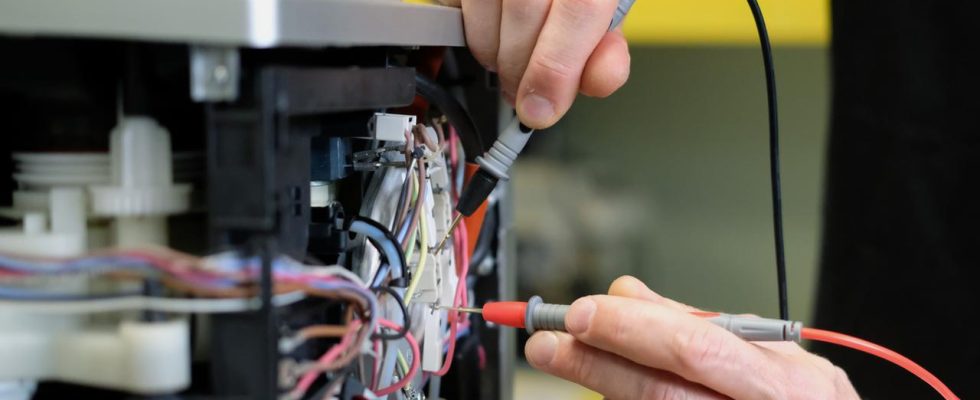A device breaks after exactly two years and it is cheaper to buy a new one than to have it repaired? This should change in the future thanks to a new EU law.
The right to repair is intended to help stimulate the circular economy in the EU and reduce mountains of waste. According to calculations by the EU Commission, around 35 million tons of waste are generated every year because products are thrown away too early instead of being repaired. The annual damage to consumers is estimated at 12 billion euros.
“We are making repairs during the statutory warranty period more attractive by extending the statutory warranty period by a flat rate of one year if the consumer then decides to have the repair done,” said SPD MEP René Repasi.
Incentives for repairs
Even after the warranty has expired, consumers should be able to carry out simple and cost-effective repairs wherever possible. “On top of that, we are creating a claim on manufacturers that they have to repair a product even after the warranty period has expired,” said Repasi, “and we are creating an obligation for all member states to promote repairs in their territories.”
These could be, for example, vouchers or national repair funds. Even further incentives are intended to make repairs more attractive in the future by allowing sellers and dealers to lend out a replacement device during the repair or offer a refurbished model if a product cannot be repaired again. In the future, new repairs may no longer be refused for products that have already been repaired.
Easier repairs at independent workshops
The new rules affect heavy household appliances such as refrigerators, dishwashers, but also smartphones, tablets and bicycles. However, the list can be extended in the coming years.
Consumers who want to have their broken vacuum cleaner repaired will be able to do so more easily at independent workshops in the future. In the future, manufacturers will need to have spare parts and instructions available for the expected lifespan of the product. A European repair platform should also show consumers the quickest route to repair workshops.
Products will have to in the future easy to repair be
The new rules also make it easier for tinkerers and hobbyists to repair a product themselves. This starts with the development of the products. Manufacturers are obliged to ensure that the products are easy to repair, i.e. that there are no obstacles built into software or hardware that make it difficult to open the devices with standard tools.
“In the future we will be able to repair our cell phones, laptops and washing machines more easily, quickly and more cost-effectively,” says Green MEP Anna Cavazzini, praising the new rules. “We have rolled out the carpet for the circular economy, we are changing the way we do business, we are making sustainability a worthwhile business model.”
Once passed, EU states will have two years to incorporate the right to repair into their national laws.
Paul Vorreiter, ARD Brussels, currently Strasbourg, tagesschau, April 23, 2024 12:27 a.m

